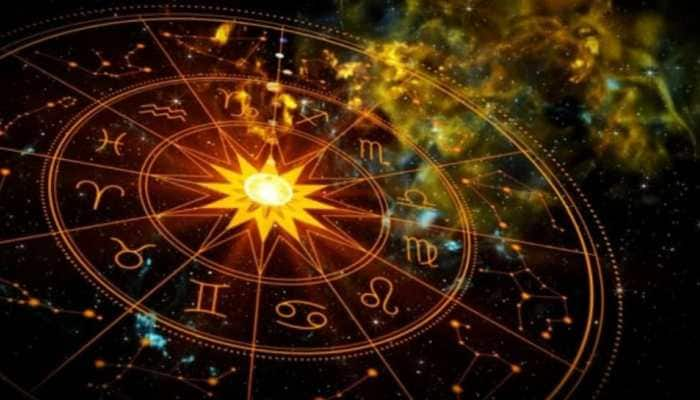Black holes growing faster than believed
Astronomers have discovered that super-massive black holes - located at the centres of galaxies - are growing faster than previously thought.
Trending Photos
)
Melbourne: Astronomers have discovered that super-massive black holes - located at the centres of galaxies - are growing faster than previously thought.
For years, scientists had believed that super-massive black holes increased their mass in step with the growth of their host galaxy.
However, new observations by Swinburne University of Technology have revealed a dramatically different behaviour.
"Black holes have been growing much faster than we thought," Professor Alister Graham from Swinburne`s Technology`s Centre for Astrophysics and Supercomputing said.
Within galaxies, there is a competition of sorts for the available gas, for either the formation of new stars or feeding the central black hole.
For more than a decade, the leading models and theories have assigned a fixed fraction of the gas to each process, effectively preserving the ratio of black hole mass to galaxy mass.
"We now know that each ten-fold increase of a galaxy`s stellar mass is associated with a much larger 100-fold increase in its black hole mass," Graham said.
"This has widespread implications for our understanding of galaxy and black hole co-evolution," he said in a statement.
Researchers have also found the opposite behaviour to exist among the tightly packed clusters of stars that are observed at the centres of smaller galaxies and in disk galaxies like our Milky Way.
"The smaller the galaxy, the greater the fraction of stars in these dense, compact clusters," researcher Nicholas Scott said.
"In the lower mass galaxies the star clusters, which can contain up to millions of stars, really dominate over the black holes," Scot said.
Previously it was thought that the star clusters contained a constant 0.2 per cent of the galaxy mass.
The research also appears to have solved a long-standing mystery in astronomy. "Intermediate mass" black holes with masses between that of a single star and one million stars have been remarkably elusive.
The new research predicts that numerous galaxies already known to harbour a black hole - though of a currently unknown mass - should contain these missing "intermediate mass" black holes.
"These may be big enough to be seen by the new generation of extremely large telescopes," Scott said.
The study was published in The Astrophysical Journal.
PTI
Stay informed on all the latest news, real-time breaking news updates, and follow all the important headlines in india news and world News on Zee News.
Advertisement
Live Tv
Advertisement







)
)
)
)
)
)
)
)
)
)
